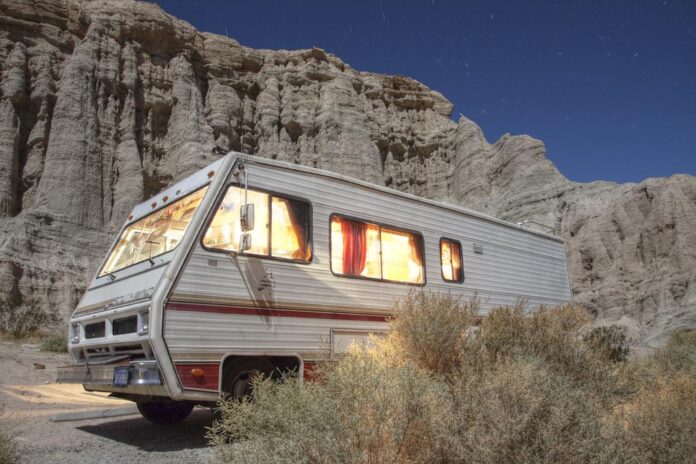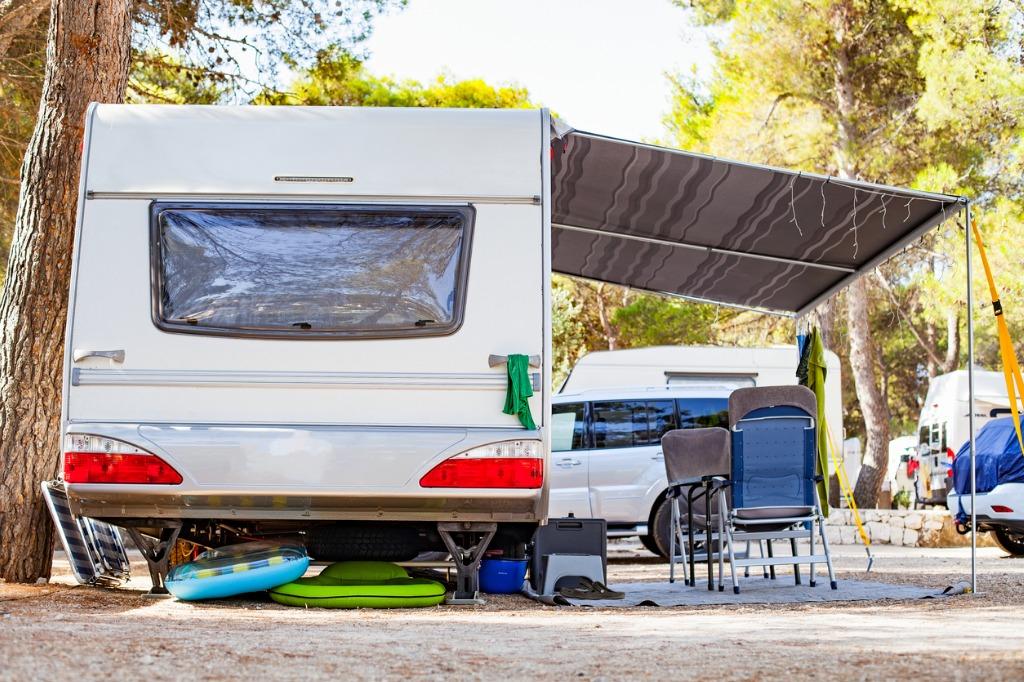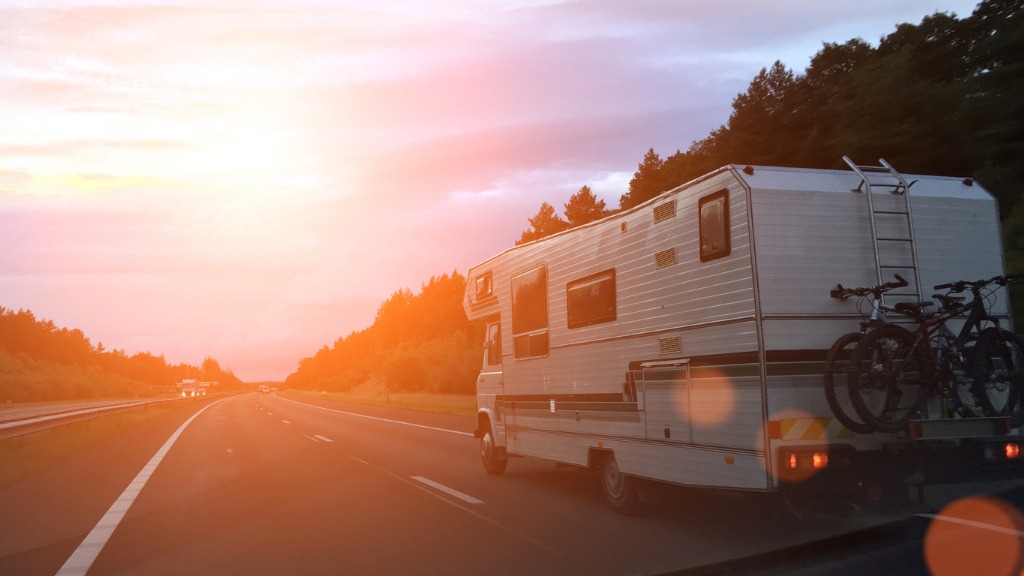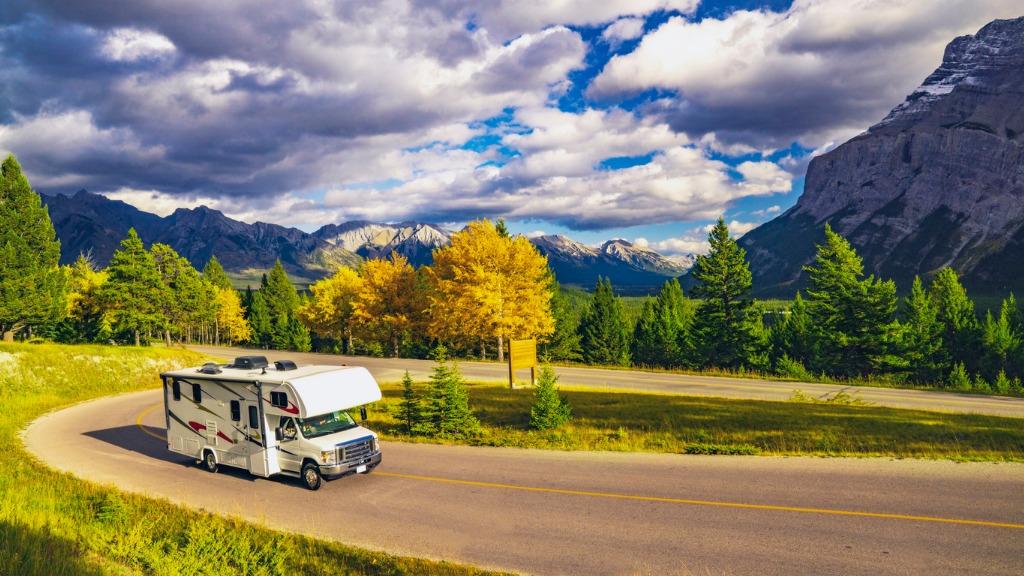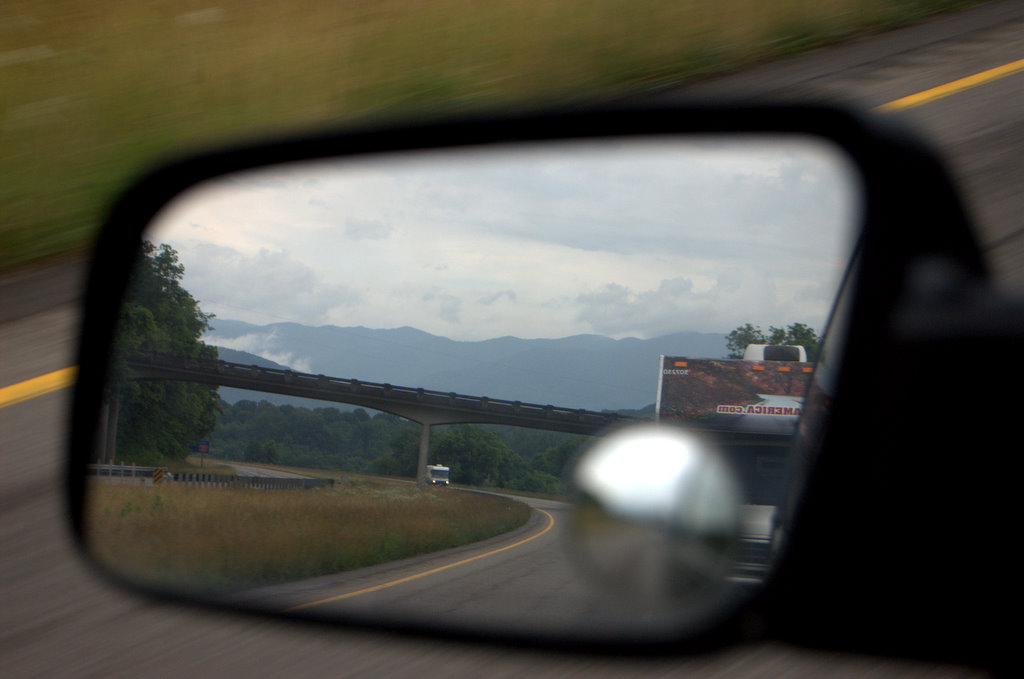“Wes’s RV at Redrock Canyon State Park” by David~O is licensed under CC BY 2.0
Overlanding in an RV can be a great experience, especially if you’re traveling with kids. The added space an RV provides allows everyone to “get away” when they need to. This is to say nothing of the amenities that having an RV provides as you overland – a climate-controlled place to sleep, a dedicated eating space, and who can argue with having a full bathroom?!
But there are some mistakes to avoid when overlanding in an RV. Let’s explore a few!
Avoid Packing Too Much
Photo Ocskaymark via iStock
Just the other day I talked about how packing too much can negatively impact your fuel economy on the road.
But packing too much into your RV can cause other problems…
While an RV might seem like a mansion compared to overlanding in an SUV or truck, there is still a limited amount of space. The more stuff you take, the less storage you have, and the more likely it will be that you can’t find what you need when you need it. You’ll likely also have stuff exploding out of every storage bin in the RV in an unorganized mess!
Overlanding in an RV: Don’t Forget to Secure Your Loads
Photo by alexsl via iStock
A related point is this – don’t forget to secure all loads before you put the gears up and set off.
Whether it’s putting the dishes away, closing and locking all exterior storage bay doors, or closing all the windows tightly, there’s a long list of things you need to be sure are stowed away and closed before hitting the open road.
The benefit of being in an RV is that you’ll know pretty quickly if you’ve forgotten to put everything away – an avalanche of dishes off the kitchen counter as you round a curve will serve as a messy and loud reminder!
But if you’re pulling a camper, you won’t have the faintest idea that you didn’t secure everything until the next time you stop and a mess greets you when you open the door. Taking five minutes to walk through and around the RV to make sure everything is put away can save you a lot of headaches.
Learn More:
Overlanding in an RV: Don’t Try to Drive Too Far Each Day
Photo by Cavan Images via iStock
Overlanding isn’t about the destination – it’s about the journey. So enjoy it!
There’s no reason why you need to mash on the gas pedal and “make good time” when you’re overlanding in an RV. You aren’t going to set any land speed records anyway, so you might as well sit back in your comfy captain’s chair, let off the gas a little bit, and enjoy the ride.
Besides, setting an ambitious goal in terms of mileage to drive each day usually means having to get up and get moving early and staying on the road late. Those early mornings and late nights will eventually catch up to you in terms of lost sleep, an aching back from sitting in the driver’s seat so long, and cranky kids that don’t get to do anything during the day but sit and watch the world go by.
So, take it easy. Make unscheduled stops. When you see something interesting along your route, pull over to check it out!
Avoid Driving Routes That Aren’t RV Friendly
“Mountains and RVs in the rearview mirror” by IABoomerFlickr is licensed under CC BY-ND 2.0
Driving an RV is a much different (and more stressful) experience than driving your daily driver. It’s taller, longer, heavier, and drives much differently than what you’re used to.
So make it easier on yourself by planning routes on RV-friendly roads.
You can do this by checking height and width restrictions, particularly in construction zones. Do some research about low bridges, narrow roadways, winding roads, and small tunnels, all of which can turn overlanding in an RV into a bit of a nightmare.
Not only do these things pose a risk to your safety and the safety of your RV and other drivers, but if you have to re-route, you could add hours and hours to your daily travels.
These tips aren’t meant to scare you out of overlanding in an RV. Far from it! RVs are great overlanding vehicles, but they do require a little more planning and preparation than if you hit the road in a Landcruiser or a similar vehicle.



